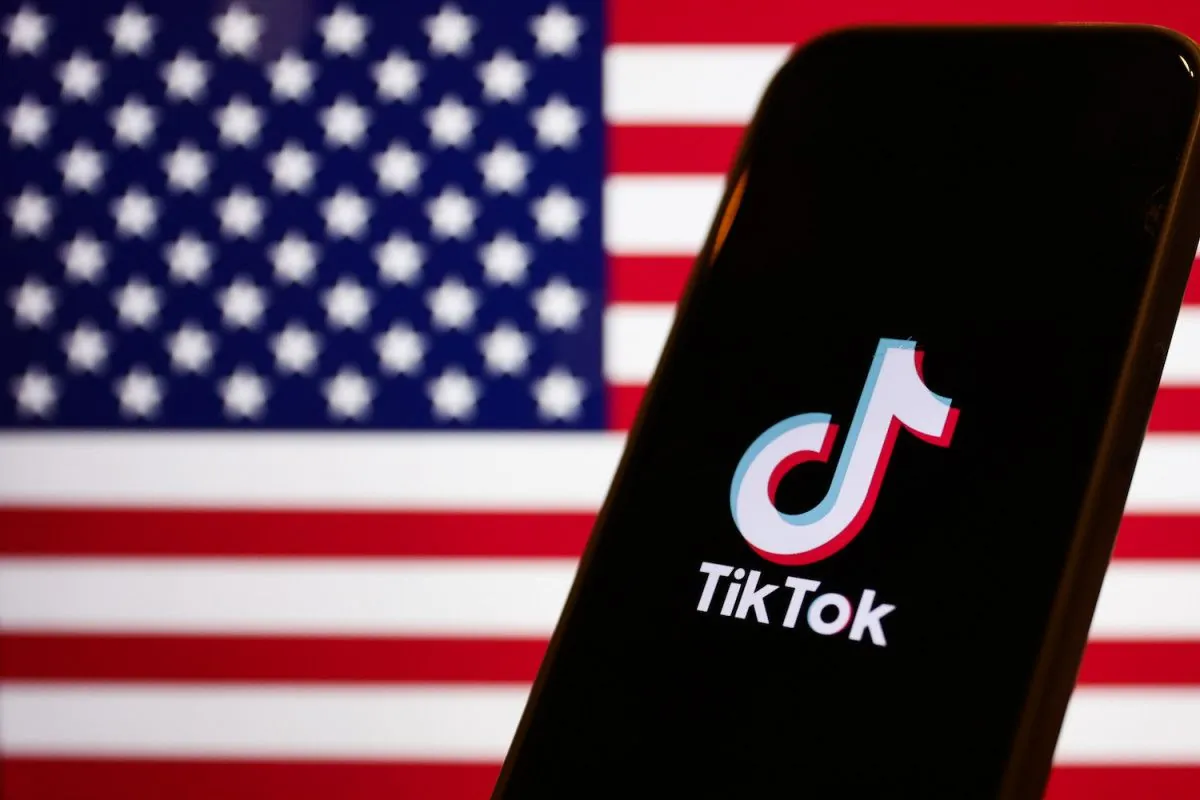The popular short-video platform TikTok is currently embroiled in a legal battle that could determine its fate in the United States. As of 2024-09-16, the app is seeking to prevent a ban that would take effect on 2025-01-19 if it fails to divest from its Chinese ownership.
The case highlights the tension between national security concerns and First Amendment rights. TikTok, launched internationally in 2017, has become a significant part of American public life, with an estimated 170 million users in the US. The platform has also created a substantial economic impact, contributing to a $24 billion segment of the US GDP through its content creator economy.
Interestingly, both former president Donald Trump and Vice President Kamala Harris are utilizing TikTok for their campaign outreach, despite their administrations supporting the ban. Trump boasts 11 million followers on the platform, surpassing his presence on Truth Social, while Harris has amassed 5 million followers.
The legal arguments presented by TikTok emphasize the importance of free speech protections. The company stated in its court brief:
"In matters of national security, as elsewhere, courts must rigorously scrutinize government restraints on speech to ensure protection of First Amendment rights."
Conversely, the Justice Department contends that national security considerations outweigh free speech concerns, arguing that only severing ties between TikTok and China could mitigate the perceived threats.
The case has drawn attention to TikTok's complex history and ownership structure. The app, an international version of the Chinese app Douyin, is owned by ByteDance, a company founded in 2012. Despite efforts to separate TikTok's operations from its Chinese counterpart, concerns persist about data security and potential foreign influence.
Public opinion on the TikTok ban has shifted over time. A recent Pew Research Center survey conducted in August 2024 found that support for a ban among US adults had decreased from 50% in March 2024 to 32%. This change in sentiment reflects the app's growing integration into American culture and its economic significance.
As the legal proceedings unfold, the outcome could have far-reaching implications for international technology companies, data privacy regulations, and the balance between national security and free speech in the digital age. The case serves as a testament to TikTok's rapid rise and the complex challenges that arise when technology, politics, and global relations intersect in the modern era.
